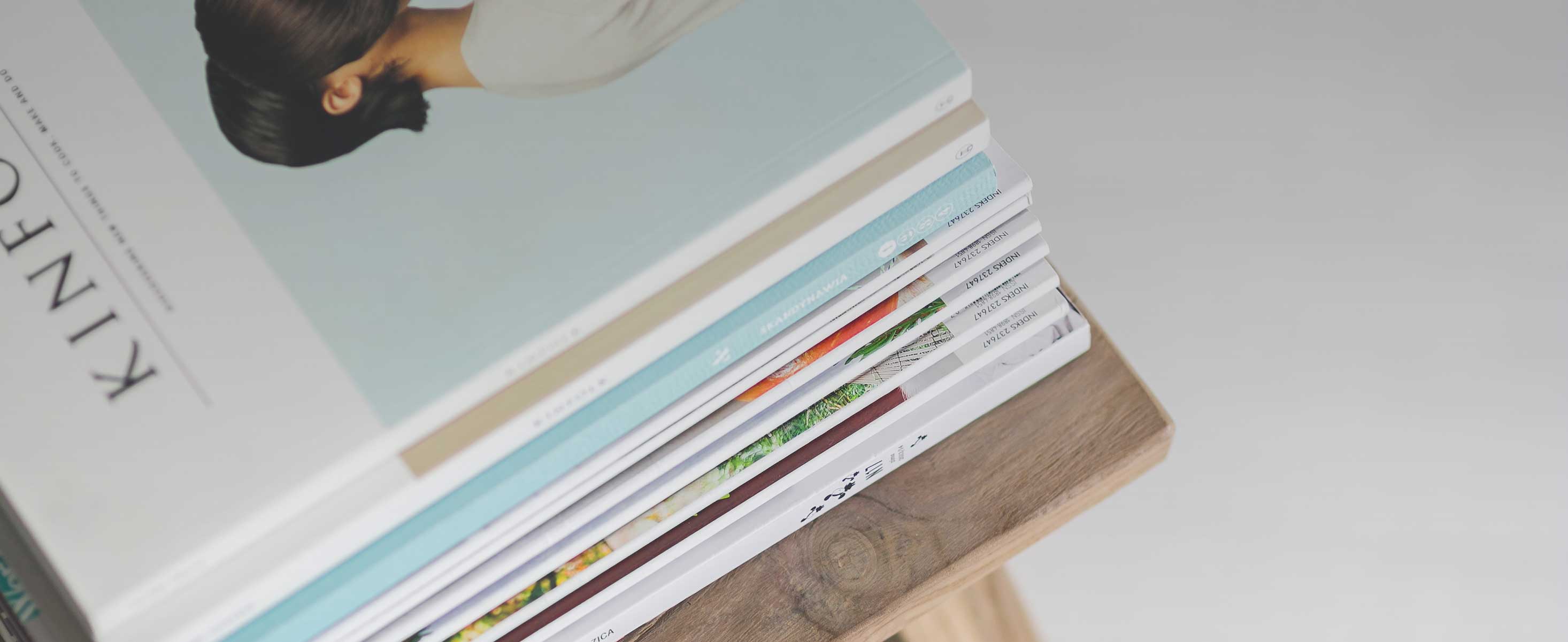
4 minute read
Interview with Donna Freeman, Social Worker
We interviewed Donna, Monash Health Medical Infusion Unit’s new social worker, to get to know her better and see how she has settled into her role!

Advertisement
Tell us a bit about yourself and you have come to become a social worker.
Growing up in the apartheid era in South Africa I was exposed to a lot of injustices around me, especially during my teenage years. I started to study social work and was going to be an up-and-coming social worker who would change my country! Instead, I came to Australia for a holiday after my degree, fell in love and never left! I spent the first half of my social work career working with children, young people and parents, mainly with issues of family violence stemming from socio-economic disadvantage. After more than 10 years I needed a career change but didn’t want to move away from where I could help others. I ended up working for Eastern Health at Box Hill Hospital in the maternity unit and special care nursery for six years. I then moved on to Monash Health working in maternity, then oncology. Since August this year, I’ve been employed as the social worker for the Thal and SCD patients in the new Medical Infusion Unit.
How have you found the experience working at the unit so far?
I have loved the few weeks that I have been working at the unit. The professional team has been unbelievably welcoming and generous with their time to help me orientate and I just see so much passion for the best interests of the patients.
I’ve never worked with a medical team who takes as much notice of social work and I think it just goes to show that these are medical professionals who see the whole picture. They care about the welfare of their patients, not just their health. That’s been an absolute pleasure.
Have you identified any challenges working in your current role?
For me personally, my challenge is that I still have so much to learn about thalassaemia and sickle cell disease. As time goes on, I am starting to feel more comfortable with some of the lingo, phrases and medical terms but at the same time, I want to learn from the patients themselves. COVID has made it hard to talk to people face to face. It’s very hard to be discreet as well as keeping 1.5 metres from the person I’m talking to while wearing a mask and a face shield.
I know that my value is based on what I have to offer as an experienced social worker and I hope to connect with the patient group in a way that is meaningful to them. I know my predecessor has left big shoes for me to fill.
What things can patients get in touch with you about?
Patients can come to me for all sorts of practical assistance. For example, I have helped students with special consideration if their treatment has affected their studies. I’ve also been helping with NDIS applications as well as accessing employment services. Where social work comes to the fore is when somebody needs advocacy. I am not an expert in every social system human beings engage with, but if you need advocacy, for example explaining your treatment requirements to a job placement agency, I can help you provide medical evidence to support your position. Then there is emotional support. Within the scope of my role, I can provide brief counselling. Someone might want to talk because they are stressed at work because they are needing to come in more frequently for infusions, or it’s just impacting on their sense of freedom. Maybe they have received bad news from the doctor. They can come and talk to me about that.
Does that extend to parents and carers?
Yes, absolutely. I’ve already helped with a few parents accessing services such as carer payments. If you or your relative are linked to the Monash Health Infusion Unit and you have an issue related to your illness, you can use me for support.
What are some ways they can contact you?
Monash patients can contact me in person at the unit or by letting the ward clerk or nurse know you need me. They are also free to call me or email me. Due to the restrictions placed on health care workers due to Covid-19, I have found it easier to speak to someone over the phone or by online video conferencing which I am happy to organise at a patient’s request.
Is there anything else you would like to tell the community?
Yes! I want to tell patients that there is a lot of care from the unit that they might not realise. And I feel privileged that I have been picked to be the one to join their team. One thing that MIU patients might find interesting is that I have a connection with Mary, the previous social worker. Besides knowing Mary from working together in the social work department at Monash, Mary’s father was actually my landlord a few years ago, and I got to know the whole family through him. A funny, little personal connection! I can’t imagine doing anything other than being a social worker and I hope to have a long, happy and healthy association with the team as well as the patients. these are medical professionals who see the whole picture. They care about the welfare of their patients, not just their health. That’s been an absolute pleasure.
Interview by Samuel Lam, TASCA Health Promotions Officer








